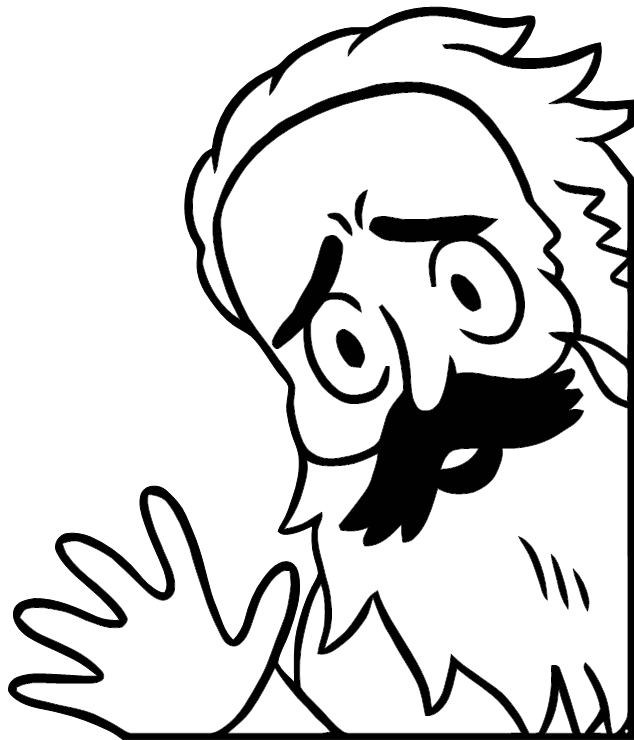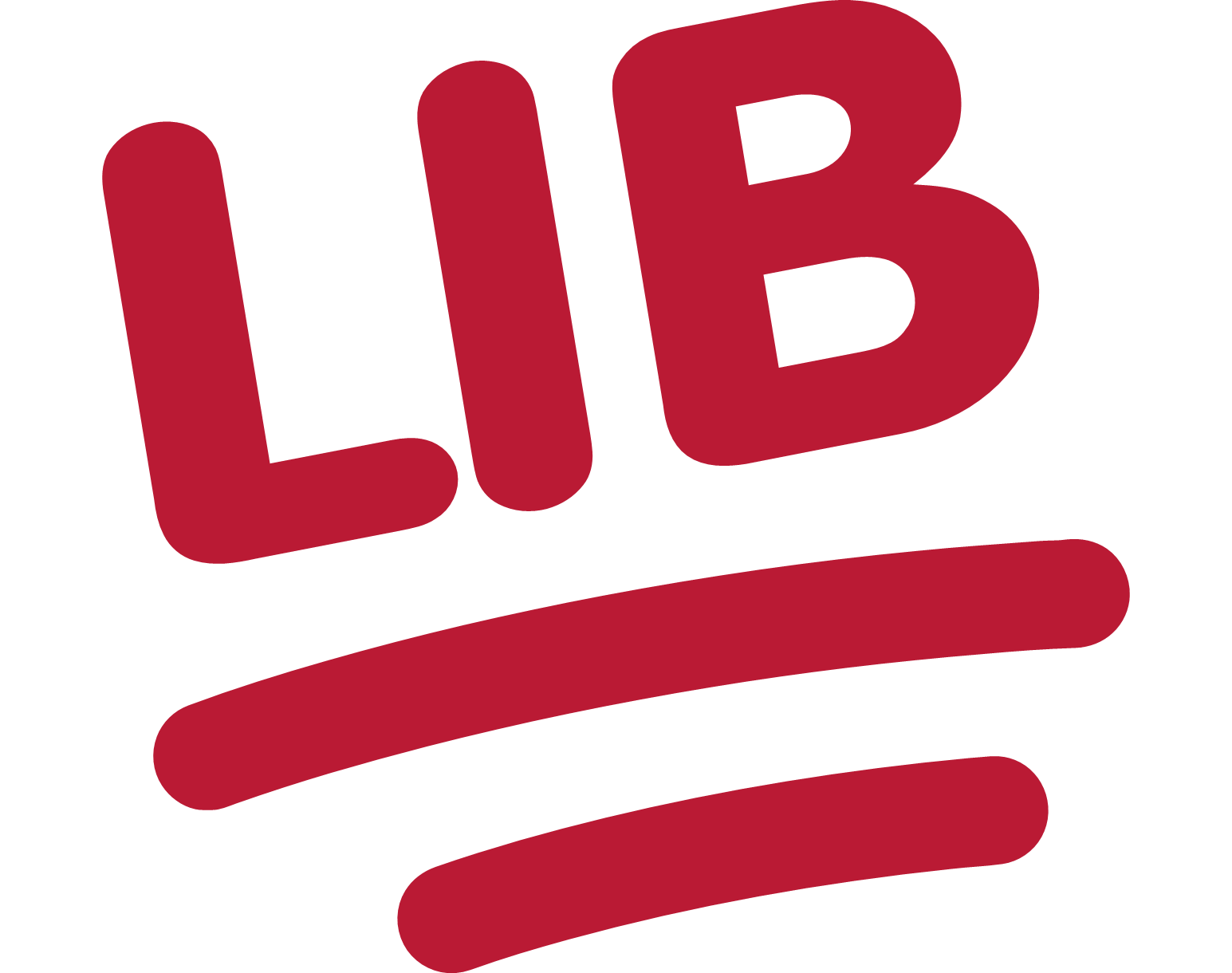119
Blahaj admin defending a blatant transphobe
(lemmy.blahaj.zone)
Banned? DM Wmill to appeal.
No anti-nautilism posts. See: Eco-fascism Primer
Slop posts go in c/slop. Don't post low-hanging fruit here.
trans people should come here, especially to traa and other lgbt spaces here. even if they arent hard left we'd treat them better.
As a person who feels anarchist principles would be the most benificial way to organize a society, I don't personally feel like its possible to be harder left.
I always feel trepidatious engaging in hexbear threads. I can't tell if many of the takes on here are sincere or trolling, and the immediate mass response to guessing wrong is a dissincentive.
Hexbear has some anarchists but more MLs. The mods delete more blatant sectarianism, but it's not always perfect.
The main point of friction always ends up being US foreign policy. MLs see you criticizing a socialist state like China and think you're an anti, when of course it's still evil because all states are evil. But on the other hand, we're having this conversation in English. The biggest influence we'd have on Chinese politics from over here would be to convince other English speakers to support anti-China foreign policy in their own governments. That's state intervention, not anarchism.
Yeah, thats fair. The biggest thought trap I see people going in to is "the enemy of my enemy". As I see it, capital impiaralism must be dismantled, and countered, but state capitalism with socialist characteristics doesn't look like an ultimately fruitful path for enhanced liberty, so I think its important to be critical but not dismissive. I haven't found that to be a minority stance amongst anarchsts. Ultimately, the idea of "foriegn policy" itself is statist and true solidarity means standing up for everyone regardless of who the oppressor is.
I mean, I'm a pretty hard ML-type (the reader) and I want to work towards a hegelian end of the state. I think the primary difference is that I see a tactical use of the state in that process. Honestly, until US imperialism and the broader capitalist structures are thrown down, I don't see much point in arguing with anarchist comrades who agree with me on nearly all the meaningful diagnoses of society's problems. It's entirely a tactics/future oriented disagreement, which we can have without fucking purging each other and generally come away (ideally) both better for it.
reader) and I want to work towards a hegelian end of the state. I think the primary difference is that I see a tactical use of the state in that process. Honestly, until US imperialism and the broader capitalist structures are thrown down, I don't see much point in arguing with anarchist comrades who agree with me on nearly all the meaningful diagnoses of society's problems. It's entirely a tactics/future oriented disagreement, which we can have without fucking purging each other and generally come away (ideally) both better for it.
Idk your fancy oversized hexbear emotes, but please imagine I have selected a few choice ones to signal my agreement
we fight with tools, and sometimes those tools were built by the state.
I used to be the ML "all anarkiddies are useful idiots who only ever aid the state by being too stupid to recognise manufactured consent and propaganda" type of gal for my sins so I don't blame the distrust.
I've since grown up lmao and a big part of that was realising that most professed anarchists on twitter having shit takes are just wankers who want to feel cool and left wing to avoid being called out for their racism and think anarchism is the perfect veneer.
wankers who want to feel cool and left wing to avoid being called out for their racism and think anarchism is the perfect veneer.
Meeting actually based well read anarchists irl at community orgs made me realise I was being that ML trope of arrogant snob.
My least favorite is the feudalisn-with-extra-markets crowd who keep doing a fascist recuperation on anarchism. They ruined "libertarian" and now they keep trying to make "anarcho-capitalist" a thing, as if political compass was a real and healthy thing
The political compass was a disaster for humankind
European colonialism brought hundreds of millions out of poverty. I don't personally think chinese socialism has been nearly as damaging, but bringing people out of poverty is not, to my mind, a sufficient metric.
Colonialism plunged entire continents into poverty? And weavers in europe certainly did not get rich either.
Thats quite true. As mentioned, the harm of colonialism far outstrips the harm of comnunism in china.
Are you suggesting weavers in China today are rich, compared to weavers in Europe today?
Uhhh... I dont think so and I'd like to know why you believe this?
The colonialist powers in Europe, North America, and East Asia have a population in the hundreds of millions and general access to wealth and utilities greater than most of the world. Even in the worst parts of the US, clean water is more accessible than in much of the world.
Like, the global capital machine works on a three part extraction:
if we are looking purely at distribution of stuff and money, I feel its not terribley controversial to suggest that a representative person in the colonial core has more than one in a colony.
Now, at what level does having more stuff rise to "not being in poverty" is a topic that I would find a lot more debatable, but even the UN's self congradulatory and pitiful "2 dollars a day" shows more people hitting that in the imperial core than outside it
Edit to note: I'm not saying "CHINA BAD" here, I'm saying "lifted out of poverty" is not a good metric. Its an inherently capitalist metric. Measuring if people have enough stuff is a losing game against capitalist wealth extraction. Measure instead how good a life is.
That seems more like a lateral transfer of poverty than lifting people out of poverty though.
Its uneven, but its uneven in china also. One of the core contradictions the party recognizes in China today is balancing the need for continued need for economic development with the growing demand for more stuff amongst the wealthier people.
In some ways, although through very different mechanisms, the same pattern has developed internally in China. There are plces where resources are extracted from and people have less, and places where goods are manufectured and people have more. At least the party recognizes that this happens and is a problem, so I'll give props to that.
But "lifting out of poverty" is a bad metric because it is, as you say, often just moving the poverty around. Historically, the people on the most extracted end do trend better (access to water has been improving globally, for example), but its more a side effect.
and even if it weren't unreliable, its still not great because it still gives in to capitalist realism. A well paid person who works 100 hours a week as more stuff but probably less freedom than a person who can keep shelter, food, and health on 20 hours a week.
No way boss, capitalism pushed hundreds of millions of people into poverty. Prior to capitalism, most people in the world, and for the past 10s of thousands of years, have lived collectively or subsistence farmed, and lived well. When capitalism pushed people away from being able to survive in these systems and dependent on money and wages, poverty emerged.
And they didn't transfer laterally the wealth to Europe - they pushed as many people in Europe into poverty too.
wow, thats harsh. I work for a living
How much have you actually investigated this claim?
The characterization of china as state capitalism? You know, I hadn't ever gatten a first hand source for it, so you did inspire me to check my understanding.
Its a central tenant and a core part of Xi Jiping thought. It was unanimously affirmed at the 20th party constitution convention. Some key highlights:
you can read it yourself in the resolution on Party Constitution amendment
That's something. Now, what do you mean by "state capitalist"?
My understanding of it is a system of ownership and direction of enterprizes, where the state participates as a capitalist and as managenent, either wholely or in concert with private ownership.
You know, like Lennin meant
edit to add: Lennin was certainly against any private participation in capitalism, but the soviet party did loosen that with parastroika, and the Chinese Communist party started with, I believe, Deng Xiaping Thought, tho I would have to double chetk that it didn't start earlier
Worth a read, this is from Vijay Prashad's organisation: https://thetricontinental.org/wenhua-zongheng-2023-2-socialism-3-in-china/
Thanks, that did help deepen my understanding. Its good to see that the current thought remains commited to socialism and recognizes the miss-steps of the past, and is continuing to iterate towards a more equitable future.
Perhaps one day they will achieve it. I certainly hope they do. As of yet, the state capitalism approach to building socialism has had a number of mistakes and limited success, such that I still remain skeptical of it.
I think the important element here is simply to understand that the DOTP is secure, arguably much more secure than it has ever been in the past. As long as it remains secure I think incremental improvements are always going to occur.
I do not agree with using this term "state capitalism" and think it was a mistake for it to have ever been used in the past to describe anything within a socialist state. Capitalism is, by definition, a state controlled by the capitalists. Socialism is, by definition, a state that is not controlled by the capitalists but by the people, working towards the goal of communism. All states under a DOTP are socialist regardless of the current economic mode of production, what percentage is marketised, etc etc.
Ultimately we probably won't agree on this point though. Just please be wary that it's a contentious and likely sectarian point of disagreement that is liable to blow up into a struggle session whenever it's raised. I don't really mind so much whether we disagree on it though just so long as you're not actively trying to destroy these states, which would only help the capitalists at the end of the day, not to mention ruin the lives of 1.7billion people with a 1990s-like collapse on a terrifying scale.
I mean, I think their reading of Lenin is correct but they are just applying it carelessly. This is why I always say "liberalism" to describe the political system is more useful.
Yeah it's not so bad. I just think that Lenin was in the wrong using the phrase to begin with, and that we seem to all acknowledge it's a shit phrase by not using it, and instead using "socialism" or "AES" to describe states doing this.
In my experience people that want to adhere to Lenin's term are usually doing so because they want to imply that these states aren't socialism and that they are just capitalism. This is where we can easily get into conflicts.
To clarify, I was not trying to do this. I was, and do, talk about it as a socialist strategy. I don't call it socialism alone, because that erases other, non-statist forms of socialism such as cooperativism, syndicalism, or parecon. We might call this "state socialism", but I have found that term to be less understood than "state capitalsm"
listen to season 2 of Blowback on Cuba. American policy radicalized the revolution and forced them from a more reformist stance, into ML orthodoxy, and they've achieved a tremendous amount while under seige from the US.
so much respect for cuba. Thedy have accomplished a lot in the face of tremendous advercity
You are correct on what state capitalism is, but that flies in the face of the cases discussed. Perestroika USSR is not Lenin's USSR, but one that suffered from decades of revisionist rot that started before Stalin's corpse was even cold.
Normal-ass private citizen capitalists are anathema to Lenin's state capitalist model, the whole point was for the state to take that mantle in order to remove the existence of an independent capitalist class. I don't think this was correct, and in fact a pretty catastrophic failure of grasping counterfactual class antagonism, but it is what it is.
China's model is officially called (among other things) "state socialism", so named because the primary role of the state is not to nullify and supplant the capitalist class but rather to subjugate it at the direction of the proletariat. We can say in a looser sense that things like it's public enterprise in oil are "state capitalist", but the PRC overall is not a state capitalist entity.